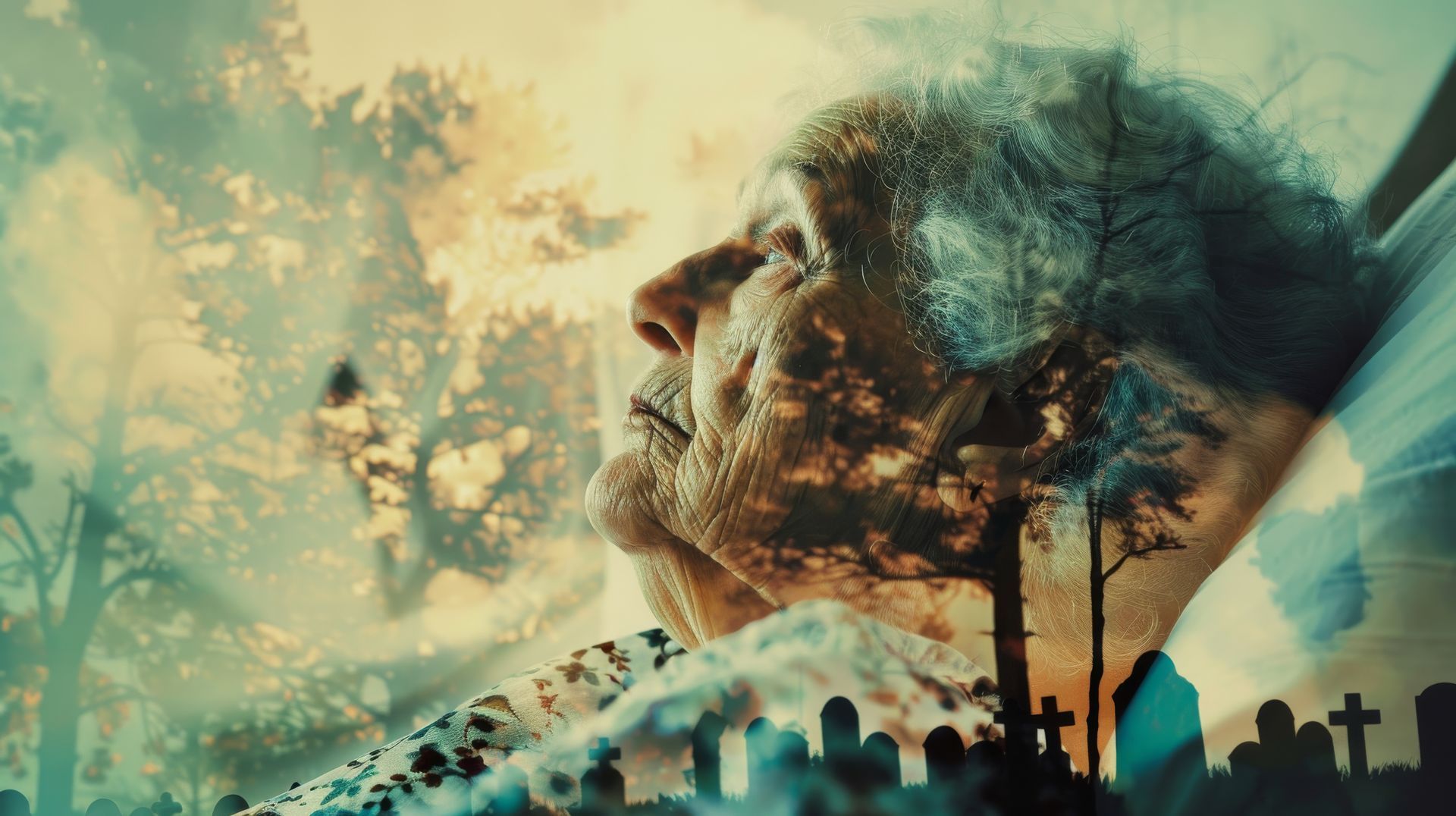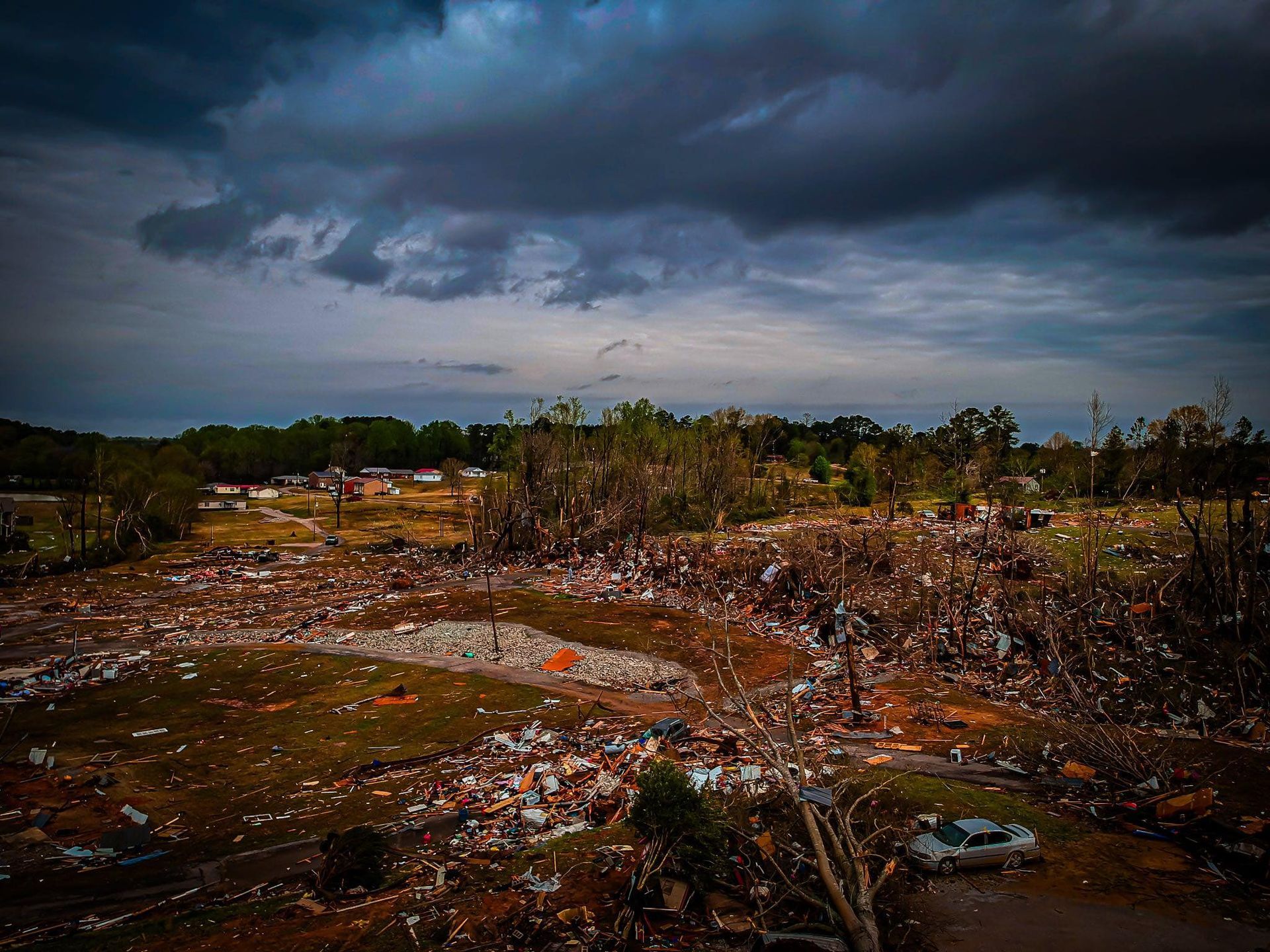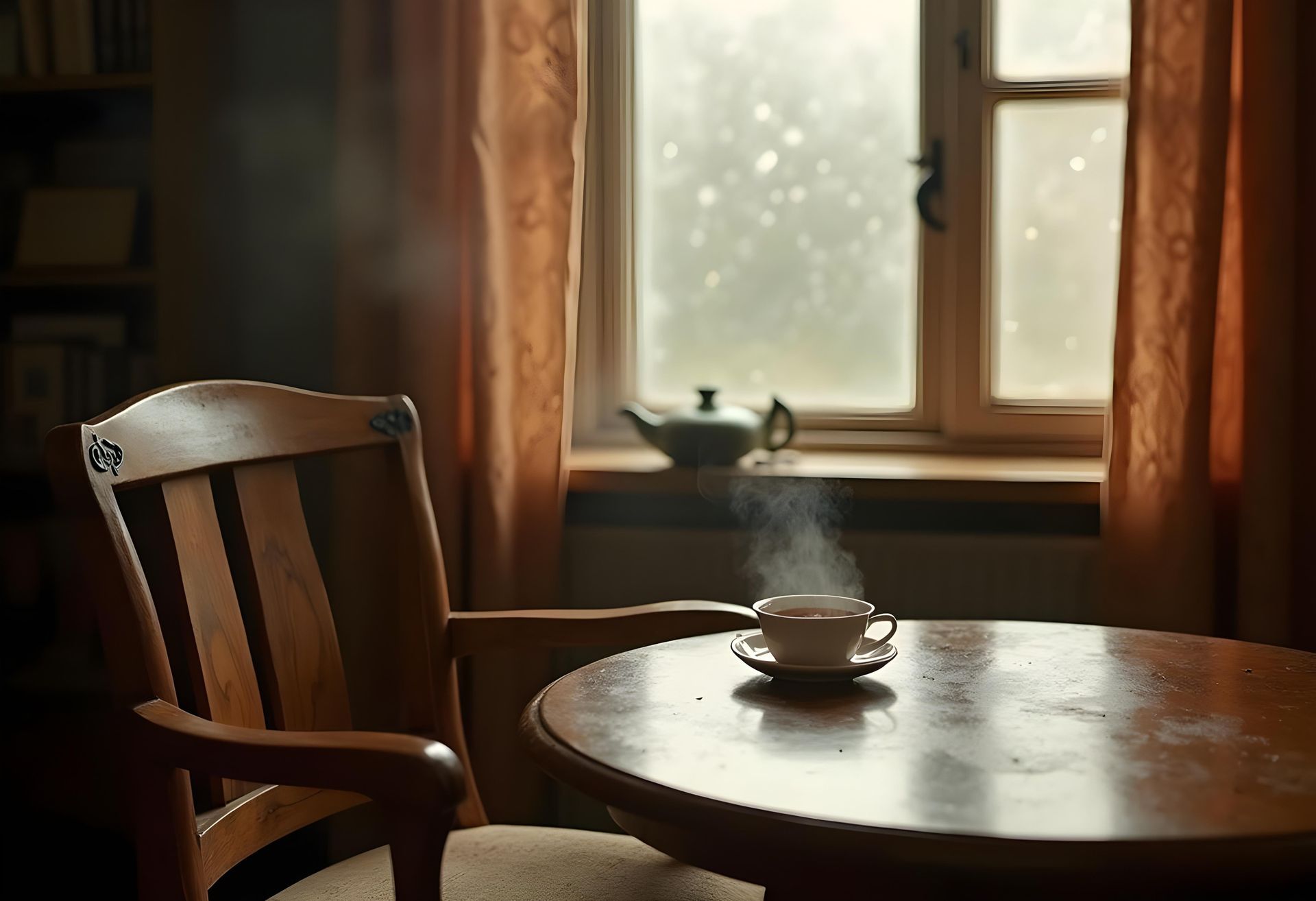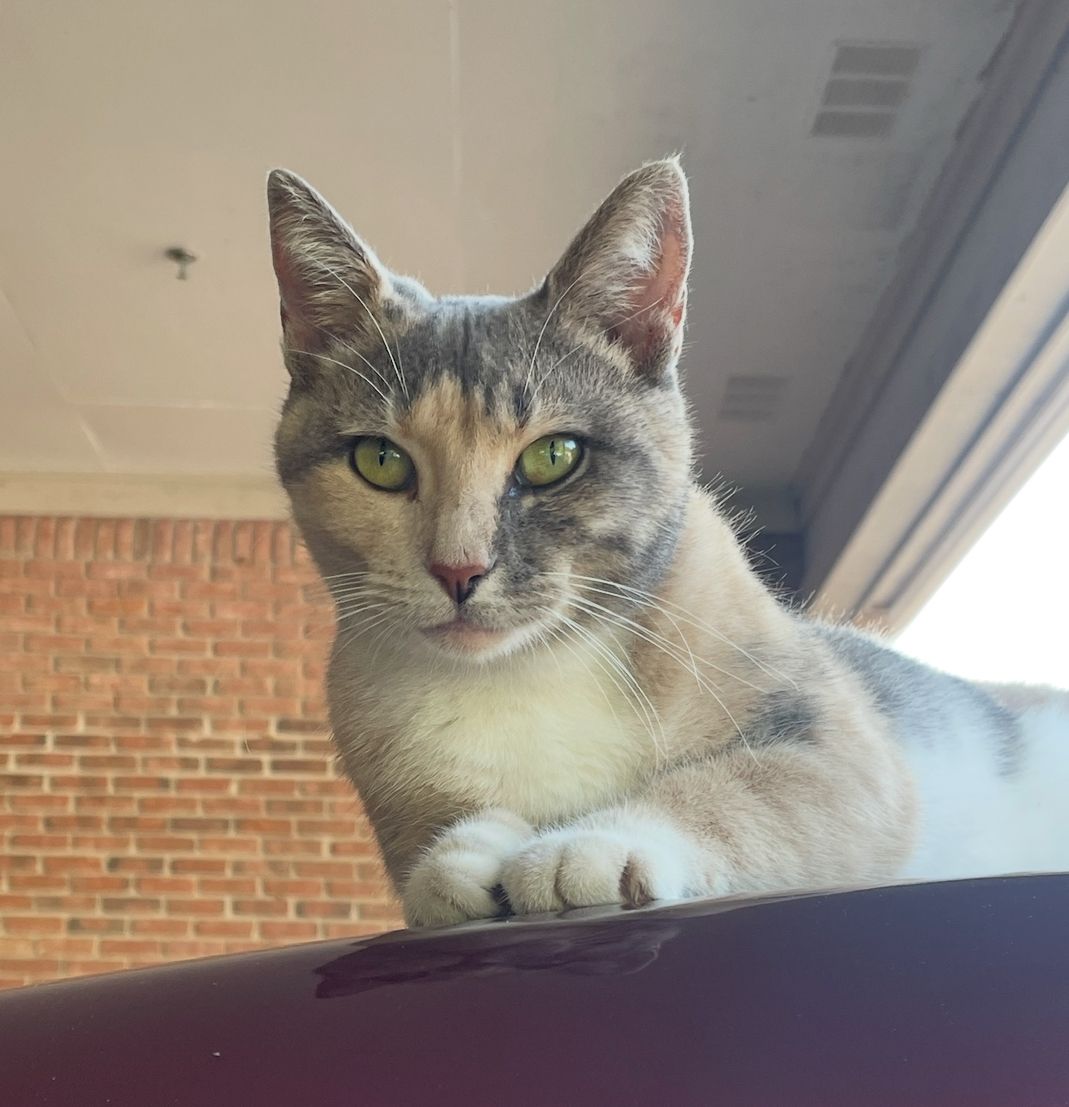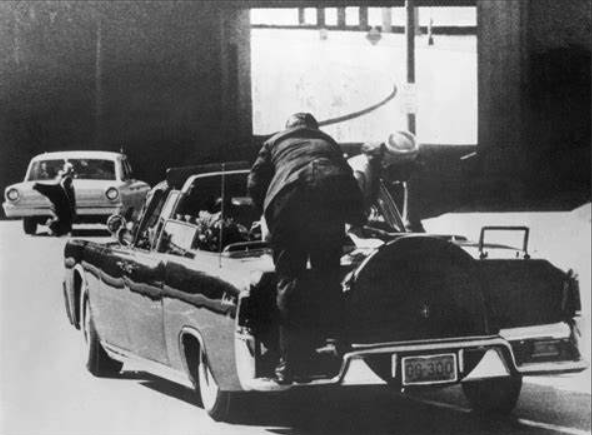The Right to Privacy

The morning of January 9 th most of the world awoke as usual, although there was at least one notable exception—Bob Saget, the actor and comedian who was found dead in his hotel room at the Ritz-Carlton Orlando, Grande Lake. The evening before he’d performed his full stand-up routine, retired to his room, and mysteriously suffered a blow to the back of his skull that literally fractured it at the point of impact, on the right side, across the front, and around his eye sockets.
Once the autopsy findings were released to the media, the speculation surrounding his death began in earnest. He slipped in the bathroom, hitting the back of his head on the tile floor . . . he hit the front of his head on something which then caused him to fall over backwards, injuring himself again . . . an intruder smacked him with a baseball bat. There seemed to be no end to the number of theories and everyone from medical experts to amateur detectives weighed in on the subject.
In the midst of the conjecture and chaos, Saget’s family filed a lawsuit. They weren’t looking for answers. They weren’t seeking large sums of money due to a wrongful death. They wanted one thing and one thing only. To stop the release of any pictures or video that had been taken of the scene—and of their loved one as he was found. The suit named the Orange County Sheriff John Mina and the District Nine Medical Examiner’s Office. To quote the family’s attorney, Brian Bieber:
“In order to protect the Saget family’s privacy, today on their behalf, I filed for an injunction to prevent the disclosure of any photographs or videos of Mr. Saget made by the authorities during their investigation. The facts of the investigation should be made public, but these materials should remain private out of respect for the dignity of Mr. Saget and his family. It’s very simple — from a human and legal standpoint — the Saget family’s privacy rights outweigh any public interest in disclosure of this sensitive information.”
The Saget family’s privacy rights outweigh any public interest in disclosure . . .
Of course they do, and anyone with an ounce of decency and empathy should know that. But Bob Saget was a celebrity and for some reason people feel entitled to the intimate details of their lives—and their deaths.
Kobe Bryant’s widow faced the same ordeal, but found herself defending her right to privacy rather than claiming it. Photos of the helicopter crash site—and the bodies of those who perished—had already been passed around by people who should have known better, who took an oath to protect and serve but did neither in that instance. And truth be known, it was probably that experience which compelled Bob Saget’s widow to take action before she found herself in the same circumstances.
Human beings come naturally equipped with an amazing sense of curiosity and, if someone doesn’t manage to squash it while we’re children, we get to keep that need to know and understand into adulthood. But by then we should also have learned to temper our curiosity with a sense of what is and is not appropriate. In my considered opinion, the intimate details of someone else’s death are none of my business—and I’m fairly certain most everyone would agree if it was someone they loved upon whom the spotlight was shining. Would you want that person’s death, untimely or otherwise, turned into fodder for the media? Would you want the pictures of that moment made public for all the world to see? Of course not.
It’s difficult enough to cope with Life’s tragedies without someone deciding the public’s “right to know” outweighs a family’s right to privacy. Do those pictures have to exist for the sake of any investigation? Yes. Do they have to be released to the world in the name of “news”? No.
That shouldn’t even be a question.
About the author: Lisa Shackelford Thomas is a fourth generation member of a family that’s been in funeral service since 1926. She has been employed at Shackelford Funeral Directors in Savannah, Tennessee for over 40 years and currently serves as the manager there. Any opinions expressed here are hers and hers alone, and may or may not reflect the opinions of other Shackelford family members or staff.
The post The Right to Privacy appeared first on Shackelford Funeral Directors | Blog.

